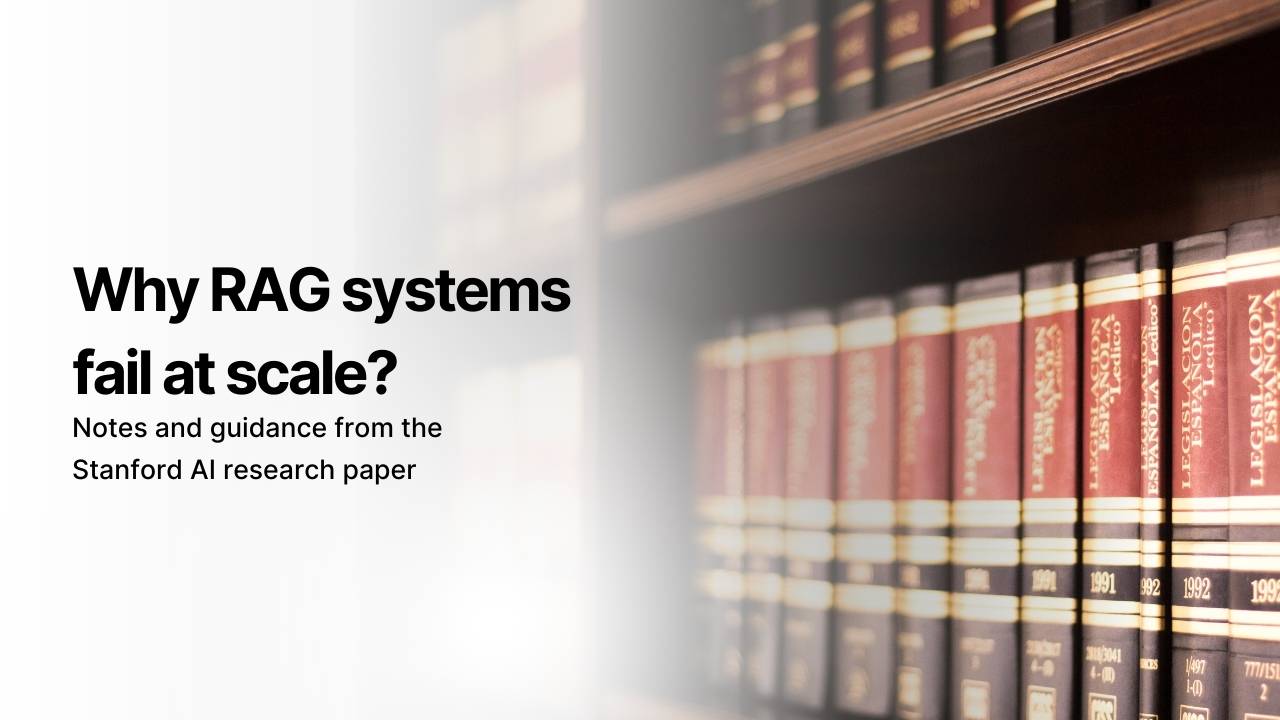Stanford’s Digital Economy Lab published a working paper titled "Canaries in the coal mine? Six facts about the recent employment effects of artificial intelligence."
The study uses high-frequency payroll data to show that since widespread adoption of generative AI, early-career workers (ages 22–25) in highly AI-exposed jobs experienced a 13 % relative employment decline, even after accounting for firm-level shocks.
In contrast, more experienced workers and those in less-exposed occupations saw stable or growing employment. The shift occurred through job losses rather than pay cuts and remains consistent across sectors, including those not conducive to remote work.








